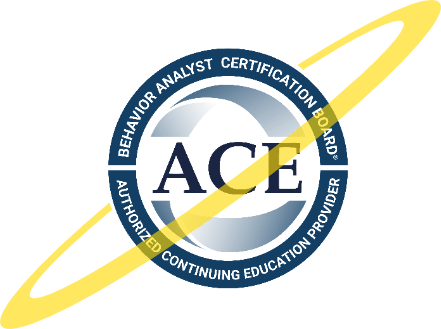On-demand CEUs for BCBAs related to evidence-based practice
List Grid
Sort by Popularity
Saved products
Showing 1 – 1 of 1 results Showing all 1 results Showing the single result No results found
Filters Sort results
Reset Apply
(2) This interactive tutorial is designed to help you efficiently locate relevant academic literature. It provides a brief overview of why staying connected with scholarly research is essential for behavior analysts… Show more (+) This interactive tutorial is designed to help you efficiently locate relevant academic literature. It provides a brief overview of why staying connected with scholarly research is essential for behavior analysts and evidence-based practice. You'll learn how academic literature is structured online, explore various sources for accessing full-text articles, and discover cost-effective ways to obtain research papers. This self-paced tutorial includes a mix of lecture content and hands-on practice exercises to enhance your search skills. Show less (-) BCBA CEUs: 2.5 |


